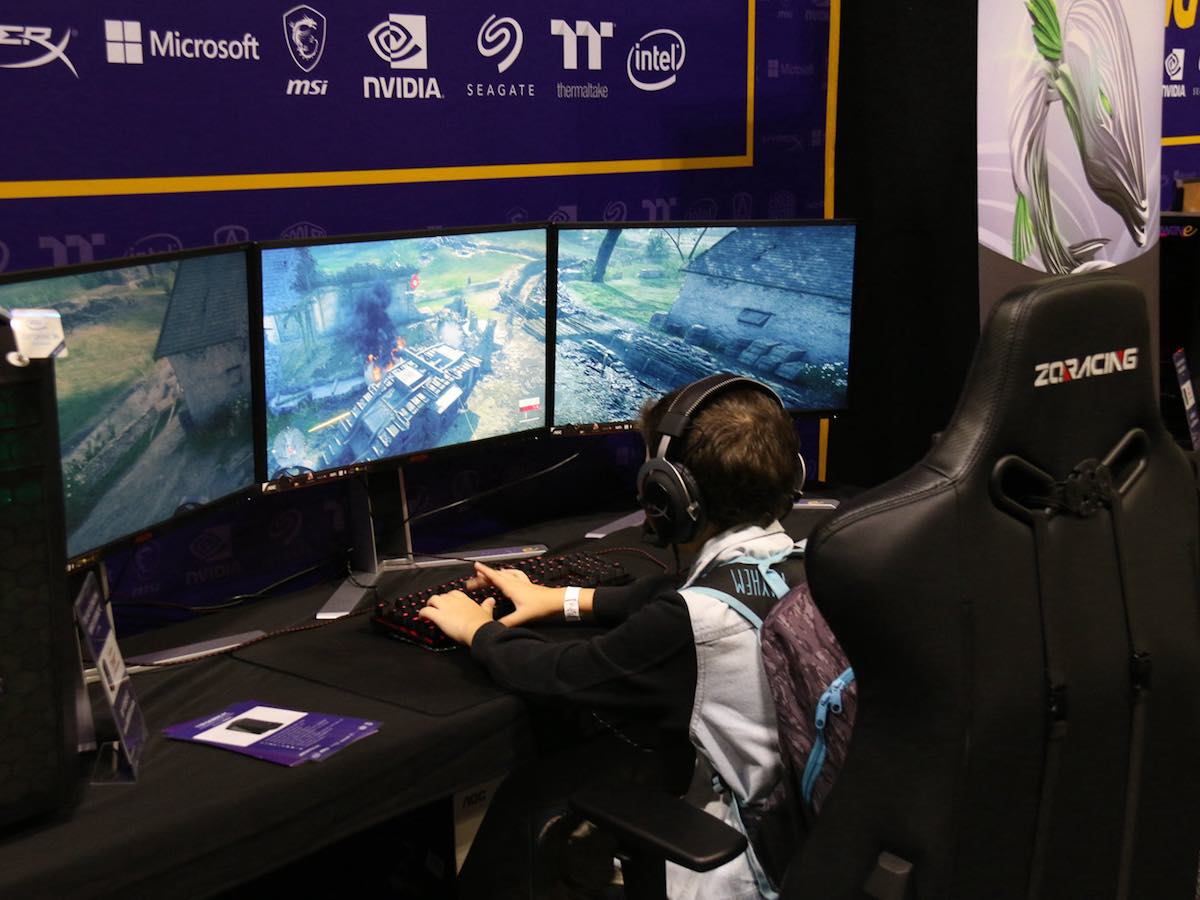VR is a gaming experience like no other; we can’t deny it.
But are the clunky headsets and cables needed for the best connection going to stick around? Or is it just a fad? We put our future goggles on and consider the facts and trends…
VR or AR?
There’s an ongoing debate about which will outlast the other. VR allows you to disappear into a completely new reality, whereas AR overlays virtual components into your existing one. But both VR and AR’s longevity largely depends on its purpose. From a gaming perspective, VR arguably offers the better entertainment factor. BUT this is only if the technology is consistent so that the players maintain a suspension of disbelief. If the sides of your vision in your headset are always glitching to expose your physically occupied reality, the game isn’t going to have the same enjoyment factor. The whole point of VR is, after all, to immerse yourself somewhere entirely different.
VR headset restrictions: are they actually a setback?
One of the complaints about VR headsets is that they’re clunky and predominantly designed for use in the home, rather than walking around in everyday life. For obvious reasons, this could quickly escalate into a dangerous situation. But lounge room VR seems to be the obvious better choice for gamers, anyway. Hooking your headset up to a more powerful machine such as your PC or PS4 will provide a better user experience, with fewer glitches and increased believability. If you wanted to roam around your city playing games that interact with your surroundings, download Pokemon Go. This differentiation is one of the major disputes between AR and VR.
Distorted reality or abandonment of reality?
There is a lot of speculation that VR encourages total abandonment of reality. Cue, negative media on antisocial teenagers sinking deeper into the clutches of introversion at the hands of gaming. But with Mark Zuckerberg’s purchase of Oculus (a leading VR headset brand) for Facebook and vowing to invest $3 billion in VR, he’s pushing to break the bias surrounding VR and antisocial behaviour.
Trend explosion
So, if Zuck is on board, it’s sure to explode, right? The history of Facebook would sure seem to hint that VR would go in the same direction. But there’s still a lot of work to be done before it goes mainstream. In the 2016 Virtual Reality Industry Report, it was predicted that VR is still six to eight years away from hyper-growth, or widespread adoption. But the point is that the technology is constantly evolving.
The question of whether it’s just a trend largely depends on what demographic we’re considering when asking it, however. If we’re looking at VR for a mainstream audience, then it’s easy to say that at the moment, VR is simply a novelty that’s whipped out for the excitement factor at trade shows. But on a gaming level? Evidence seems to show that VR is sticking around. It may be a niche, but it’s only going to get better.




